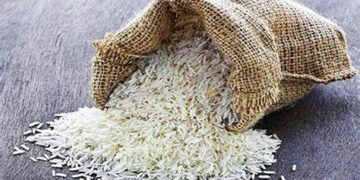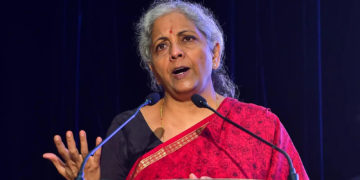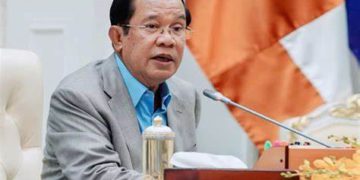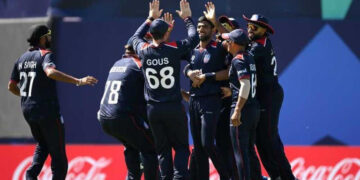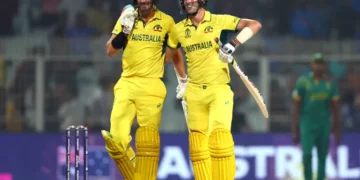Asian Herald’s Special Sports Correspondent writes about the history behind distribution of condoms at the Olympics
Free condoms have been given to players participating in the Tokyo Olympics. The organisers have confirmed that 1,60,000 condoms will be provided during this mega event. 11,091 athletes are competing in 41 different sports and 339 events at the Olympics.
What happens when you bring a whole bunch of hot, physically fit athletes from around the world together?
It was during the 1988 Seoul Olympics the tradition of handling condoms were introduced. The goal was to encourage safe sex and spread awareness of HIV and AIDS. Since then, passing out condoms to Olympic athletes has been a long-standing tradition.
During the 1980s HIV was rapidly increasing. That is when they decided to do this. And this tradition continues, in the last Winter Olympics, 38 condoms were given to every participant. A total of 1,10,000 condoms were distributed.
The most interesting fact is that in the 2016 Rio Olympics the organisers were in short of condoms. 11,238 players participated and 4,50,000 condoms were used. This means, yes, these hot, fit, athletes are absolutely getting busy after they step off the field.
Even though we are living with the pandemic, the IOC decided not to stop giving condoms. They have signed contracts with 4 condom companies to procure 1,60,000 condoms.
Tokyo Olympic playbook says “Avoid unnecessary forms of contact.” It specifically examples such as hugs, handshakes and high-fives. But presumably, it also means any other forms of physical contact that aren’t part of the competition. They are even not allowed to talk to each other inside the elevators. And also prohibited to talk to drivers while travelling to and fro from the sports village to their respective play areas.
Rumours are going around the world that Japan has cunningly made cardboard beds as a part of preventing sex on it. But the fact is that the cardboard beds can withstand up to 200kgs weight.
Won’t that be enough for the cuddles?
The IOC is strict for those in the Olympic village who do not follow social distancing rules. They could be disqualified, deported and face fines. So with all that being said, how did Tokyo organizers explain giving out condoms to athletes while also telling them to, basically, not touch each other?
The distribution of condoms is not for use at the athlete’s village, but to have athletes take them back to their home countries to raise awareness.

Abilash Rathnakaran, Director of Sports, Vels University, has had a proficient presence in the sports field, spearheading several events with the state and central governments. In this process, he has associated himself with different sports federations of India, which includes the Senior National Volleyball Championship in 2016, Asian Bodybuilding Championship in 2017, Mr India Senior Bodybuilding & Best Physique in 2018 and Paralympic Nationals Games in 2019. His life, driven by his untrammelled passion for sports, is coupled with the goal of leading the way for aspiring sportspersons and enthusiasts. He would be enriching the viewers of the Asian Herald with his insights, as our Special Sports Correspondent.












